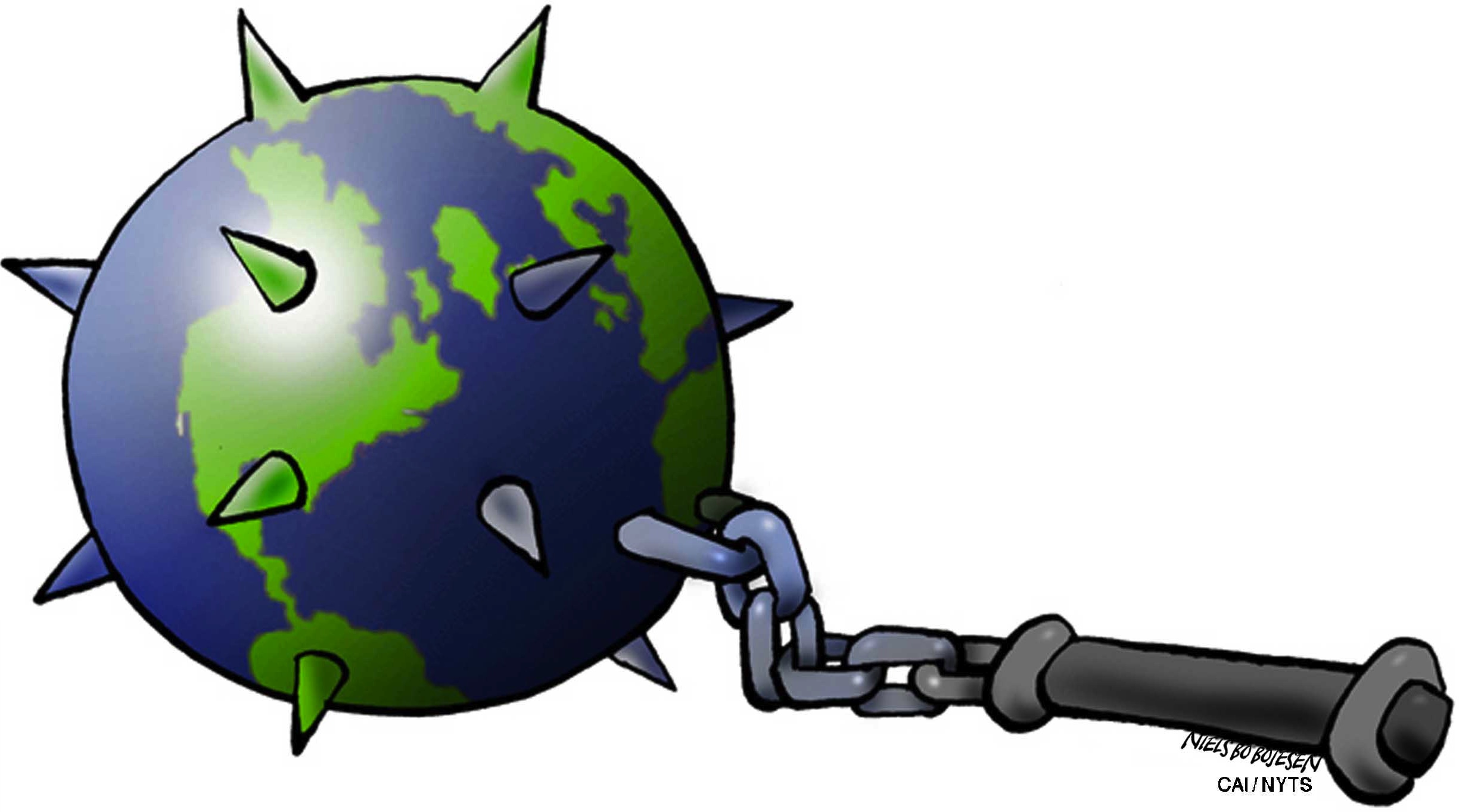Yet again, places meant to save lives were bombed. Doctors, nurses and patients were killed in Aleppo, Syria, a month ago, as our memory is still fresh with the similar fate of a hospital in Kunduz. The International Committee of the Red Cross (ICRC) registered 2,400 attacks against patients, health personnel, facilities and transports over three years between 2012 and 2014 in 11 conflict-affected countries. That's more than two attacks per day, without considering the incidents happening in other parts of the world and those which go unreported.
Since the beginning of the Syrian conflict, 53 Syrian Arab Red Crescent and eight Palestine Red Crescent volunteers and staff have been killed while providing basic services such as food, water, blankets and medical care. In Afghanistan, ICRC noted last year one incident every three days against health staff and facilities, up double from 2014. The outrage we feel keeps on piling up higher and higher, like the rubble of the destruction from the fighting in Afghanistan, Iraq, South Sudan, Syria, Ukraine or Yemen, just to name a few.
At a time when there has never been so many displaced persons since World War II, when millions of women, men, boys and girls are experiencing armed conflict for large periods of their lives, when they risk daily sexual violence, illegal detention, forced conscription or the impact of explosive weapons, when they lack access to adequate food, water, health, sanitation and education for months if not decades, humanitarian actors find it more and more difficult to respond to their needs.

















With your current subscription plan you can comment on stories. However, before writing your first comment, please create a display name in the Profile section of your subscriber account page.